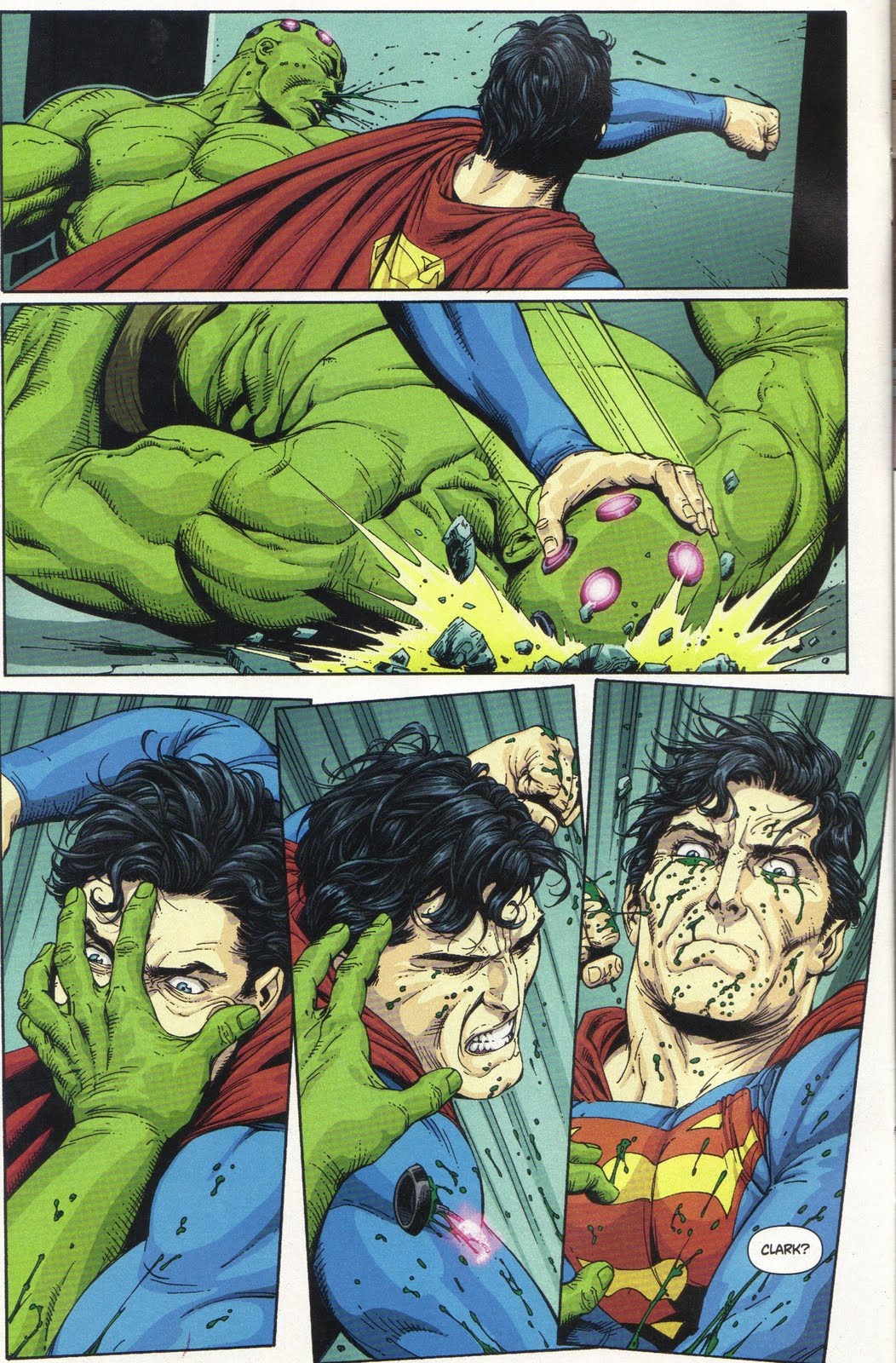That is also what Henry Cavill's Superman had seemed to me. But he also embodied an individual with his or her own set of virtues and flaws. That is what made him so relatable to me. In fact, a good number of the Superman actors had did the same. Why is that a problem?
No one is saying Superman can't have flaws. We're just saying a character can be fallible and nuanced without being dark or amoral or lethal. Elliot S! Maggin did a great job writing Superman that way in his comics and novels in the Bronze Age. All-Star Superman was also a great take on a Superman who was true to his Silver Age corny wholesomeness but still had complexity and vulnerability.










